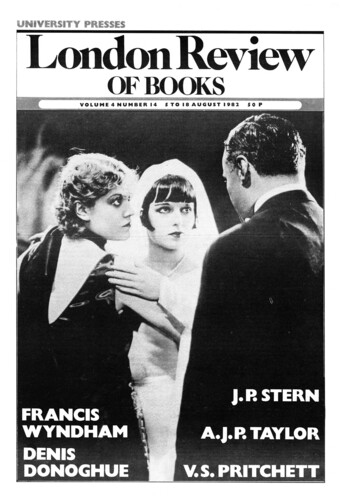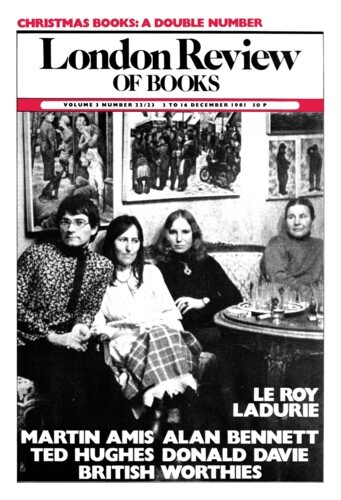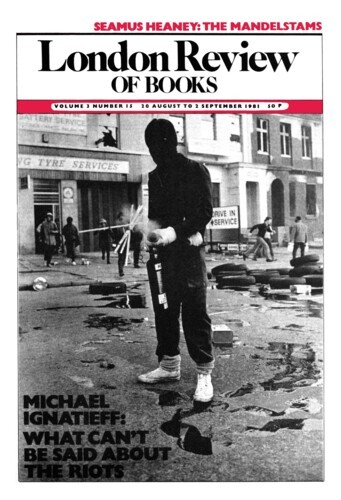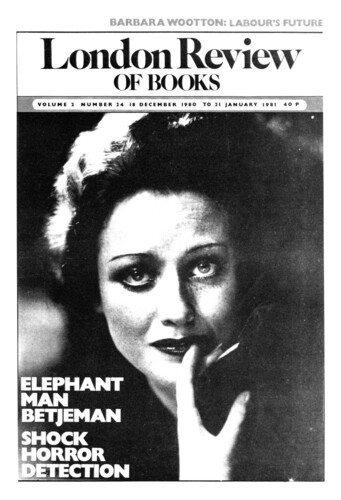Saint John Henry
Richard Altick, 5 August 1982
The unseen spectator who was most involved in Pope John Paul’s progress through Britain, formerly in partibus infidelium, was the spirit of John Henry Newman, dead these 92 years, who doubtless observed the proceedings with mixed feelings. Surely Newman, a man of retiring temperament, would have been horrified by the crowds and the publicity which for the moment turned the search for a Via Media into a media event. Newman, as it happens, was one of the first public figures ever to complain of unwelcome attention from the press. In his Apologia pro Vita Sua he describes how he was hounded by newspapers when he left Oxford on what proved to be his way to Rome:




